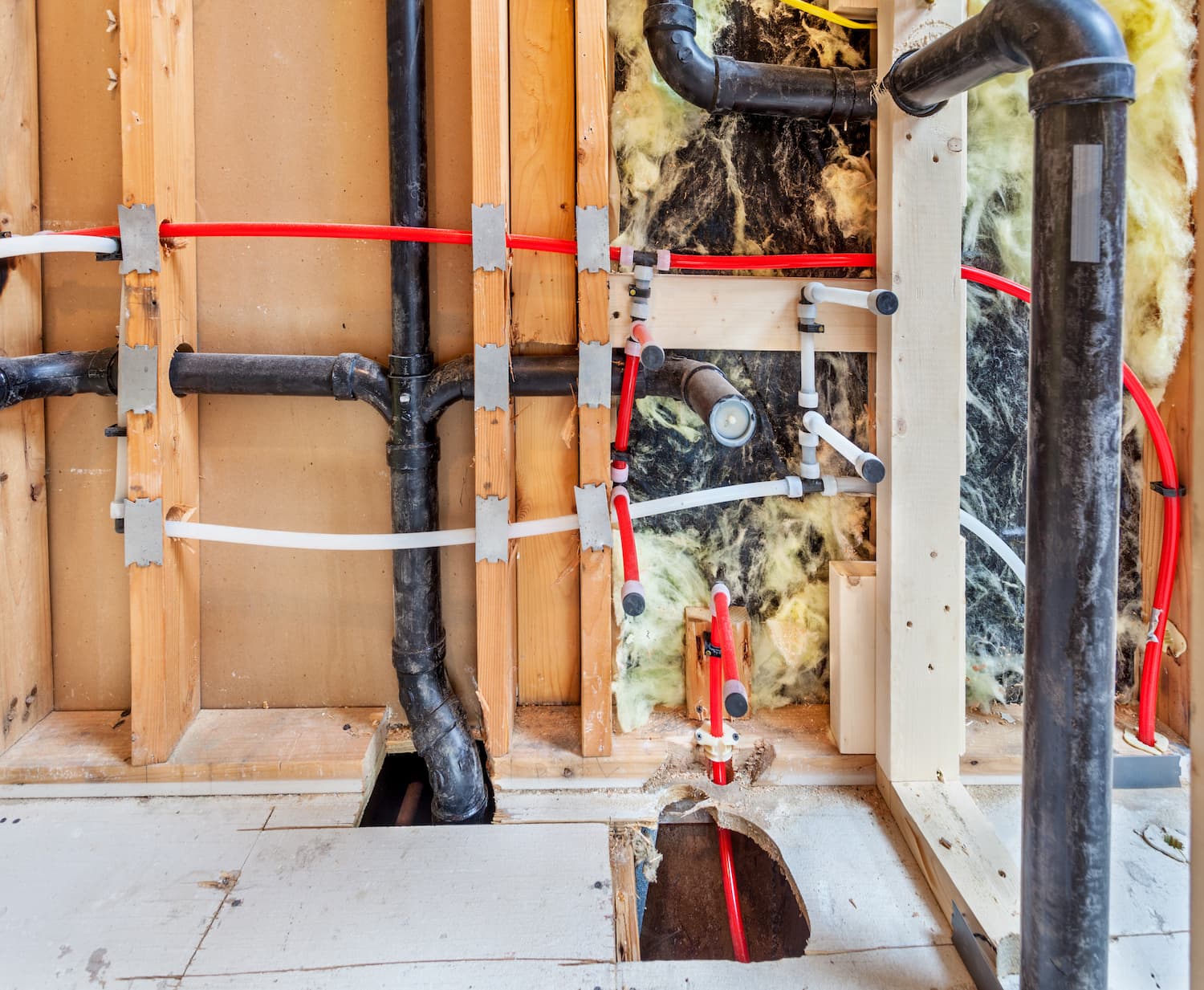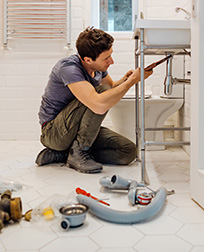All Categories
Featured
Table of Contents

[/image][=video]
[/video]
Before you rush to call a plumbing technician or make some negative Do it yourself selection, you might want to take a look at these plumbing keys that can conserve you time and cash. It is essential to understand where you water shut down valve remains in your home, as this can save you from even more serious damages when pipes problems happen.
Once whatever is transformed off, have a look at your water meter. If the meter remains to move, it's likely that you have a leak somewhere in your system. This technique will not tell you where the leak originates, yet it's a great initial step towards identifying a problem. A continued movement on your water meter when all water sources are transformed off is a clear red flag that needs prompt focus.
Slow drains are often an early warning indication of a bigger issue. It can indicate a clog in the production, a problem with your sewage system line, or perhaps tree origins infiltrating your pipes. Rather than waiting for the drain to become entirely blocked, do something about it as quickly as you discover a stagnation.

If these do not function, it might be time to employ a professional. Neglecting the issue can cause much more serious and pricey troubles down the line. Recognizing where your main water shutoff valve is can save you from potential water damage in instance of a major leakage or plumbing catastrophe.
Should I Do My Own Plumbing?
Make certain every home grown-up knows where the shutoff valve is and just how to use it. In case of a serious leakage, swiftly shutting off your home's supply of water can lessen damages and provide you comfort while you wait on a plumber to show up. It's a popular notion that chemical drain cleaners are the best solution for clogged drains pipes a concept that could not be additionally from the reality.
The chemicals can corrode the internal lining of the pipelines, leading to weakened structures, leakages, and even pipeline bursts. They can seep into groundwater and contaminate it, presenting risks to neighborhood ecological communities.
These devices can successfully clear obstructions without causing any damage to your pipelines. If these methods don't function, do not wait to call a professional. Remember that avoidance is always much better than cure. Avoid putting oil, oil, or any type of strong waste down your drains pipes, as they can solidify and create blockages.

However, over-tightening can result in numerous issues, including stripped screws and busted bolts, leading to leaks or also water damages. This usual blunder in do it yourself plumbing projects can transform a minor fixing into a pricey venture. Rather, make every effort for a tight fit. The fitting ought to be limited adequate to prevent leaks but not so tight that it puts unnecessary anxiety on the equipment.
Should I Do My Own Plumbing?
Plumbing technician's tape, or Teflon or string seal tape, is a must-have device for every property owner. It produces watertight seals at pipeline threads, stopping leaks at joints and connections.

Prior to connecting any kind of installations, take a minute to wrap a few layers of plumbing's tape around the threads in a clockwise instructions. Ensure the tape covers all the strings and is wrapped firmly. This easy yet essential step can save you from handling aggravating leaks down the line.
Keep in mind that for larger concerns, professional aid is always advised. To stop this from taking place, consider setting up pipe insulation.
And also, throughout colder months, pipe insulation can assist stop your pipes from cold and bursting a scenario that can bring about pricey repairs. When it concerns sealing fixtures like taps, numerous do it yourself enthusiasts naturally reach for a plumbing technician's putty. But there's an option that might serve you far better silicone caulk.
Should I Hire A Plumber?
This versatility allows it to accommodate slight shifts or movements without damaging the seal, offering an extra durable and resilient option. Simply keep in mind to allow the caulk treatment completely according to the manufacturer's directions prior to subjecting it to water to make sure the very best outcomes. "Doping" in plumbing refers to applying pipe dope, or pipeline joint compound, to the strings of plumbing connections prior to they're screwed together.
Latest Posts
Plumber
24/7 Plumber near
Plumbing near ,